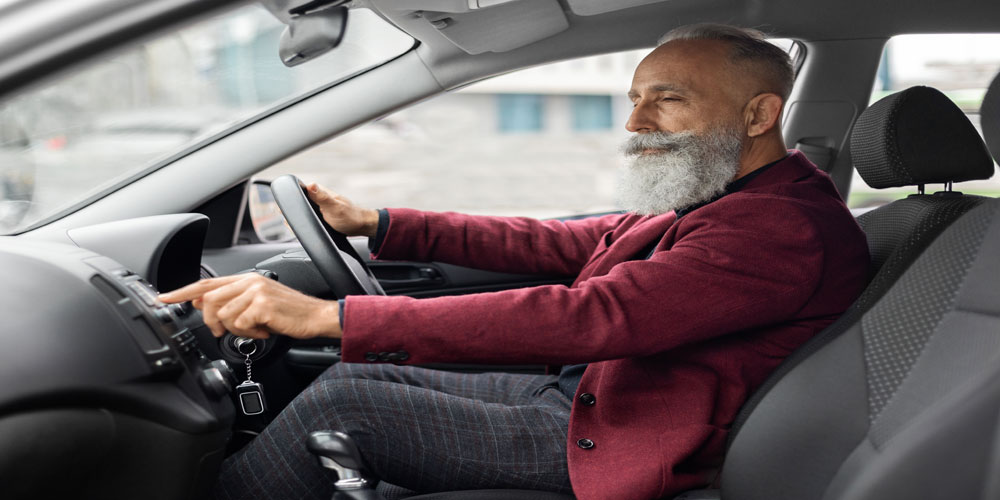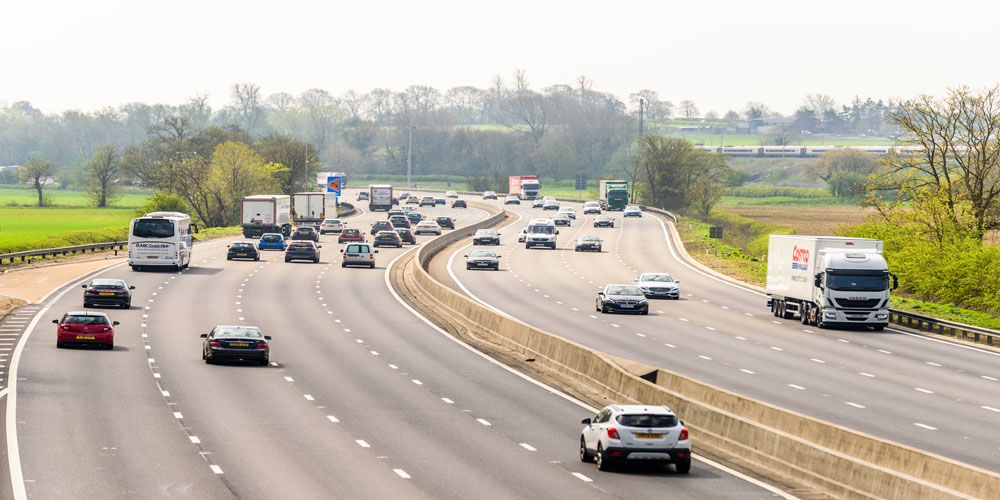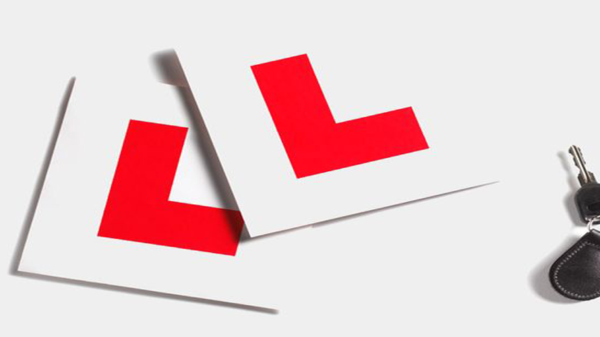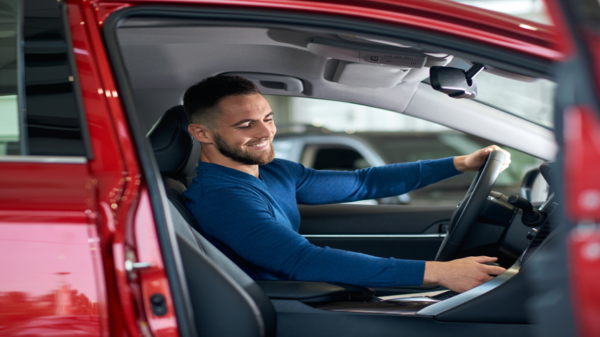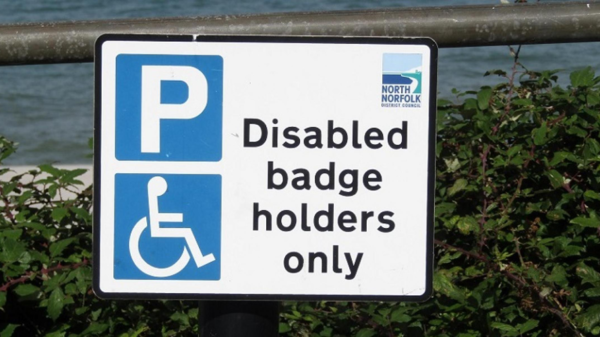Older Motorists to Keep Driving for Longer, Reveals New Study.
More older drivers are looking to keep on the road for longer, according to new research. A study carried out by road safety charity IAM RoadSmart and Dr Carol Hawley from the University of Warwick found that the average driver over the age of 60 aims to continue on the road for another 15 years before giving up their licence.
Those aged in their 70s also intended to keep driving for another nine years and planned to keep on the road until they were aged 85, compared to the average age of 82 for drivers 60 and over.
The study of 3,000 motorists over the age of 60 also found that 97 per cent had no plans to give up driving for the foreseeable future, with this group of motorists accounting for 13 per cent of licence holders.
Figures from the Driver and Vehicle Licencing Authority (DVLA) also show that there are 12.15 million drivers aged over 60 on the UK roads, with the oldest valid driving licences held by two men aged 107. The oldest female driver is 106.
In the survey, 79 per cent also felt they were excellent drivers, and revealed that an optician or GP was the most likely person to make them give up their licence. The same percentage also said that driving was very or extremely important to them, with convenience and independence the most important reasons to continue driving.
Neil Greig, policy and research director from IAM RoadSmart, said: “There are over 12.1 million drivers of 60+ according to the report. With many being healthy, fit and with over 40 years’ experience and knowledge, why shouldn’t they continue to drive?
“A wider range of easily accessible mature driver-focused information is needed for consumers on accessible vehicle designs, mobility features, journey planning and mobility costs to help inform these campaigns. Mature driver reviews should be encouraged, and the government should consider the idea of offering them on prescription to encourage uptake and equal access.”


